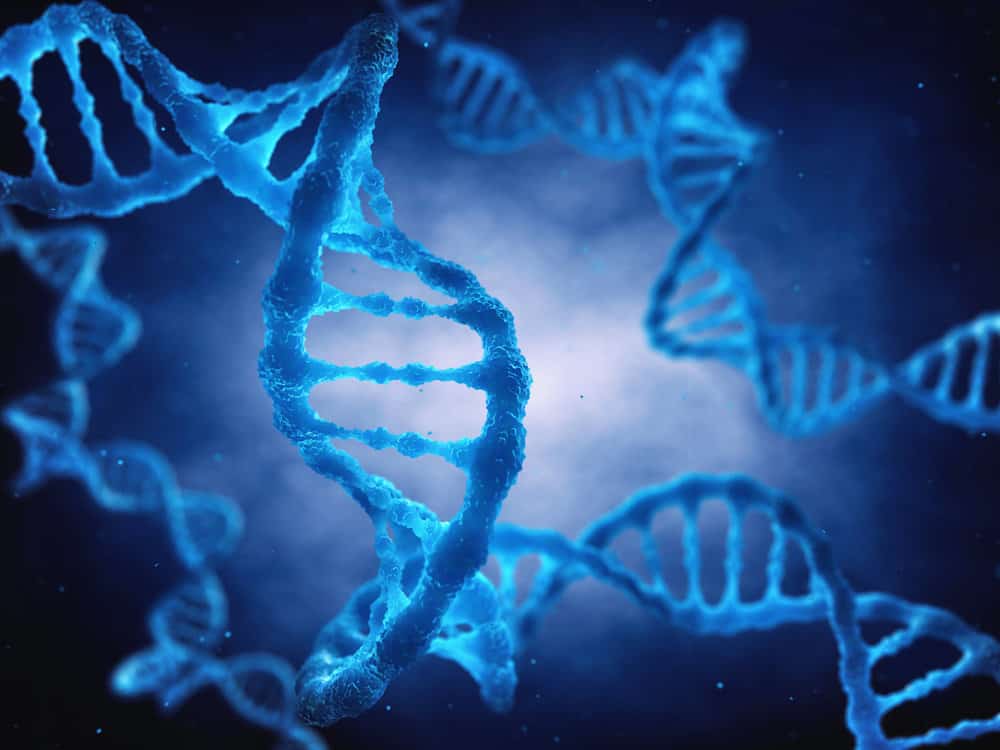
About 1 in 125 million people are born with an extremely rare condition called congenital insensitivity to pain and anhidrosis (CIPA). It is a type of hereditary sensory and autonomic neuropathy. Those with this condition cannot feel pain and do not sweat normally (anhidrosis), which can result in very high fevers causing seizures when in a hot climate.
While not experiencing pain may seem like a relief, this condition is seen as very dangerous and most patients don’t live past age 25. They can’t feel extreme temperatures, and since they can’t sweat, they may be unaware of being too hot. Often patients end up self-mutilating by accident, mostly causing harm to the extremities and teeth, lips, eyes, and tongue.
Cases of patients who have CIPA often reveal infections from wounds that went unnoticed and untreated, including bone fractures and joint problems. Those who suffer from CIPA need to be vigilant about checking themselves over for cuts, bruises, or other trauma that they may not even realize is present.
CIPA is an autosomal recessive genetic disorder caused by a mutation of the gene that encodes one of the receptors for nerve growth factor, which normally signals embryonic nerve cells to grow, divide and survive. In CIPA, the mutation means signals are not transmitted and neurons die, leading to less sensory neurons and the inability to feel pain. Nerves that lead to the sweat glands also die, causing anhidrosis.
Those with CIPA typically have specific signs and symptoms, which start in infancy, in addition to the hallmark sign of being unable to experience pain:
- Areas where hair doesn’t grow on the scalp
- Deformed fingernails or toenails
- Exhibit signs of emotional instability or hyperactivity
- Many individuals have an intellectual disability
- They may have hypotonia (poor muscle tone) in childhood but that can improve as they grow up
- Urinary and fetal incontinence
There is currently no cure for CIPA. Treatment is focused on regulating body temperature and preventing self-injuries, while being sure to quickly treat any injuries that are discovered.
Sources & More Information
Congenital insensitivity to pain with anhidrosis: Medlineplus Genetics. MedlinePlus. Accessed November 27, 2023. https://medlineplus.gov/genetics/condition/congenital-insensitivity-to-pain-with-anhidrosis/#synonyms.
Daneshjou K, Jafarieh H, Raaeskarami S-R. Congenital insensitivity to pain and anhydrosis (CIPA) syndrome; a report of 4 cases. Iranian Journal of Pediatrics. September 2012. Accessed November 27, 2023. https://www.ncbi.nlm.nih.gov/pmc/articles/PMC3564101/#:~:text=Congenital%20insensitivity%20to%20pain%
20and%20anhydrosis%20(CIPA)%20is%20a%20very,that%20receive%20the%20pain%20messages.
GARD Rare Disease Information. Congenital insensitivity to pain with anhidrosis. National Organization for Rare Disorders. June 16, 2022. Accessed November 27, 2023. https://rarediseases.org/gard-rare-disease/congenital-insensitivity-to-pain-with-anhidrosis/.
Sasnur AH, Sasnur PA, Ghaus-Ul RSM. Congenital insensitivity to pain and anhidrosis. Indian journal of orthopaedics. May 2011. Accessed November 27, 2023. https://www.ncbi.nlm.nih.gov/pmc/articles/PMC3087230/.


